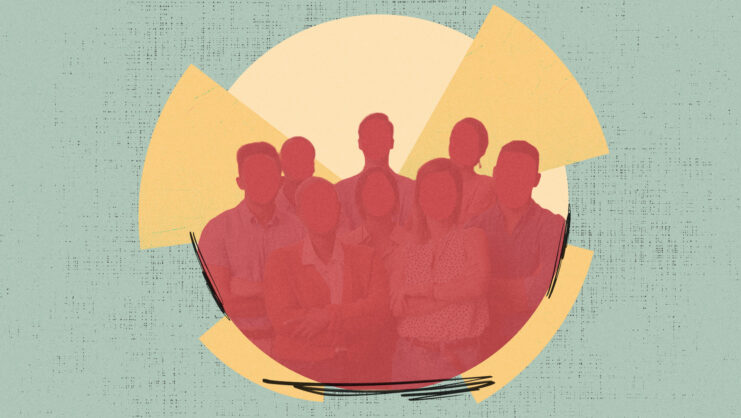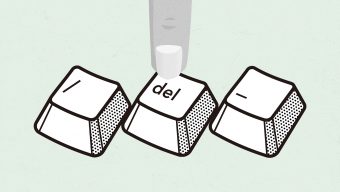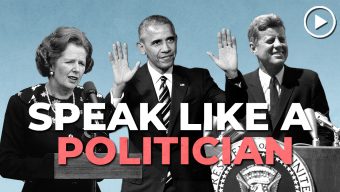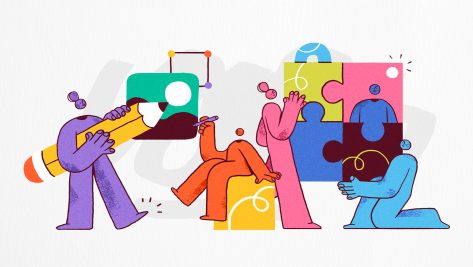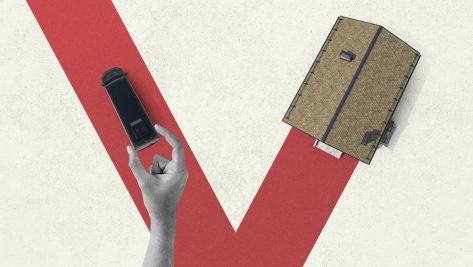Can Money Help Break Bad Habits?
Video not loading? Click here.
Is money alone enough to break bad habits? Several factors help build positive habits, break bad ones, and create lasting behavioral change, explains Jeeva Somasundaram.
© IE Insights.
Transcription
Money can be a powerful motivator to change a behavior or a habit because everyone likes money in the first place. So money might act as a motivator. Then, after a point, even when you remove the monetary incentives, then what happens is that, due to the habit-formation process, the behavior becomes automatic and it becomes a new habit.
Habits are activities that become automatic and effortless after repeating them for a period of time. For example, you want to create a habit of walking every morning. The first day you do it, it’s going to be very hard. Then what happens is after a few days, the habit becomes automatic. So that is a feature of the habit-formation process.
We all have a lot of positive habits as well as negative habits. For example reading, exercising or doing a sport are examples of positive habits. At the same time, many of us have some maladaptive habits like excessive smartphone usage, excessive social media usage, smoking or alcohol. So for many people, habits become part of their identity.
Basically, they associate the habit with themselves. And so it’s very hard for people to change it because then they have this cognitive dissonance. So, the question is, how do you reduce the maladaptive habits and how could you inculcate positive habits in people? There is this famous Econometrica paper by Charness and Gneezy, what they do is they pay people to go to the gym eight times in a month, and whoever goes to the gym eight times would get $175.
They do it and then they remove the incentive. Then after a point in time, the behavior becomes automatic and becomes a habit. And people continue to go to the gym even after the initial incentives are removed. Monetary incentives is usually tied with a goal or a target. The question is how do you structure the monetary incentive and the goal?
In one of our research, we want to incentivize people to increase their air conditioner temperature in Singapore. Higher AC temperature reduces AC energy consumption and it’s beneficial for the environment. So how do you make people increase the temperature by two degrees? You could either do it gradually one degree at a time, give them money if they do it, and then go to two degrees.
Or you can ask them to go two degrees all at once. So what we find from our research is that a gradual target, is effective for behavioral change and stickiness. When people do it all at once, they revert back to the original behavior as soon as the money is removed. When you give targets and incentives to people, should you ask people to choose their own targets, or should you give them the targets?
For example, in one of the randomized controlled trials that we ran, we asked some participants to choose their own targets. And for the other participants, we gave them the exact same target, and we paid them the same money. But when people chose their own targets, they reduced their smartphone usage more compared to the people who had been given the targets.
Monetary incentives and targets could also be pre-announced to inculcate behavioral change. In one of the experiments where we incentivize people to reduce the smartphone usage, every day you reduce your smartphone usage by 30%, you are going to get money. So basically what we find is when people are informed about the future target and incentives, people already start reducing their usage to make it easier for them to meet their targets.
So in fact, this kind of rational habit formation approach is used by many governments when they raise cigarette prices, for example. They pre-announce that they’re going to raise the cigarette prices, so people start already reducing their cigarette consumption. After the monetary incentive is removed, in some of the studies it has been found out that people revert back to their old behavior.
The question is, how do you stop people from reverting back to their old behavior? We again did a randomized field trial where we incentivized people to reduce their smartphone usage, and at the same time replace it with a positive habit, like walking more or learning a new language. Those kind of people who are replacing their negative habit with a positive habit did not revert back to their old behavior.
So I think, yes, money can be a powerful motivator for behavioral change, but it needs to be structured appropriately to change habits and inculcate lasting behavioral change.



